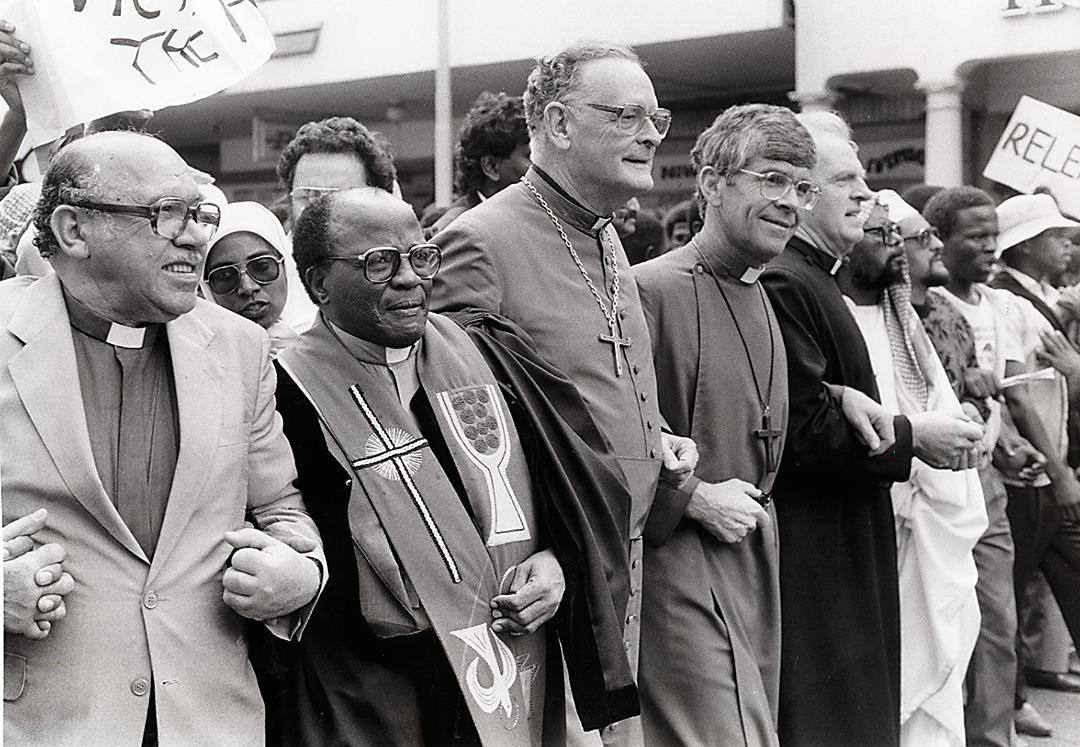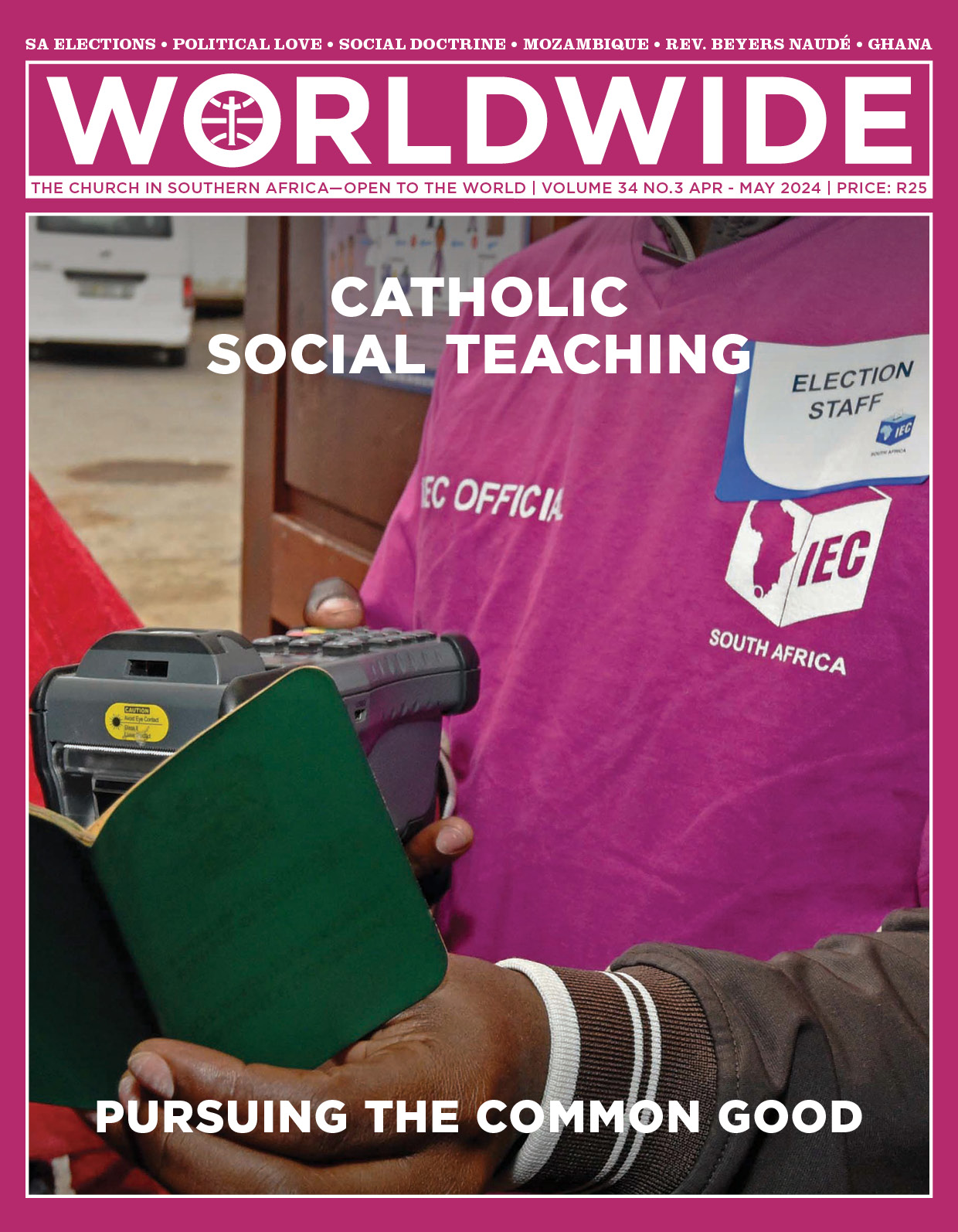
CATHOLIC SOCIAL TEACHING, PURSUING THE COMMON GOOD
It is the honourable responsibility of Christians to contribute by means of active participation to building a society where the common good is fundamental. As Pope Benedict XVI affirmed: “There is a need for authentically Christian politicians but, even more so, for lay faithful who witness to Christ and the Gospel in the civil and political community.” (Address to the 24th Plenary Session of the Pontifical Council for the Laity).
CHALLENGES • ELECTIONS IN MOZAMBIQUE
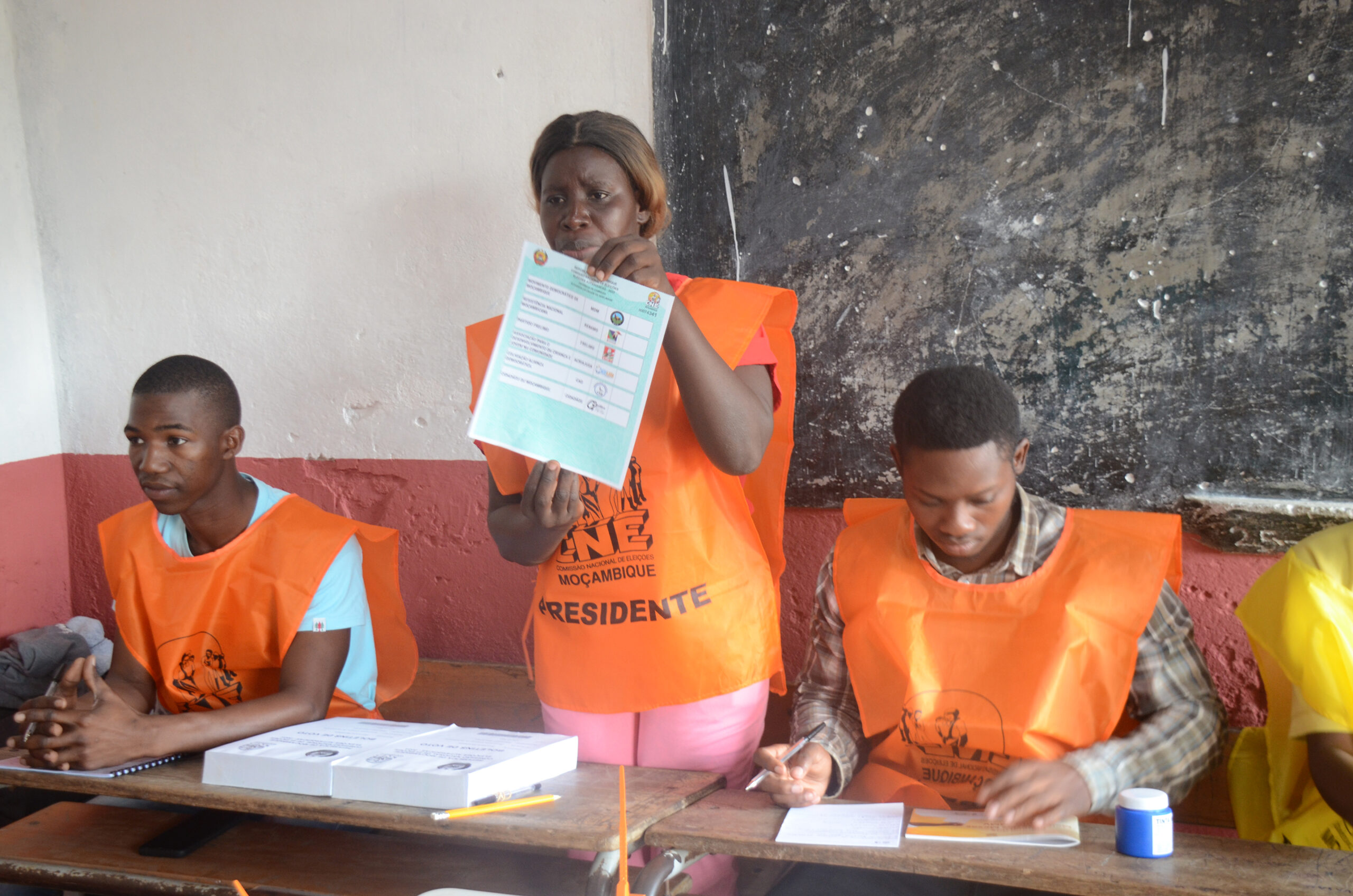
VOTING AS AN EXERCISE OF CHRISTIANITY AND CITIZENSHIP
Mozambique will be holding national elections on 9 October 2024. The fear of vote rigging should not prevent Christians from actively participating in the process. On the contrary, Catholics have always been encouraged by their bishops to vote wisely in every election and to thereby promote justice and transparency, fulfilling the Church’s mission of guaranteeing the common good.
BY THOMAS SELEMANE | MOZAMBICAN POLITICAL ECONOMIST, MAPUTO
“POLITICS” IS widely perceived as a dirty world and politicians are generally seen as corrupt people. Based on such perceptions, there is a great deal of discussion and often confusion among Catholics about their positionality regarding the social and political processes in the places where they live. Some Catholics believe that they should distance themselves from political processes such as elections because of various reasons which include electoral fraud, vote rigging, corruption, and lack of improvement of living conditions due to the corrupt practices of the governing parties and opposition.
Called to vote
The only way of changing that perceived dirtiness of politics is through participation, either by voting, by mobilizing citizens to participate or by competing to be elected. This reflection is of particular significance this year as our country holds elections. As Rafael Behr states (2024): “This year, countries with a combined population of about four billion—half of all the people in the world—will hold elections. That would be cause for celebration if democracy consisted only of that act of voting.”
The coincidence of many countries holding elections in 2024 results from the fact that the first multiparty elections were held in these countries in 1994, five years after the fall of the Berlin Wall in 1989. Apart from South Africa (29 May) and Mozambique (9 October), many other African nations, such as Botswana, Malawi, Mauritius, Madagascar, and Namibia will hold elections this year.
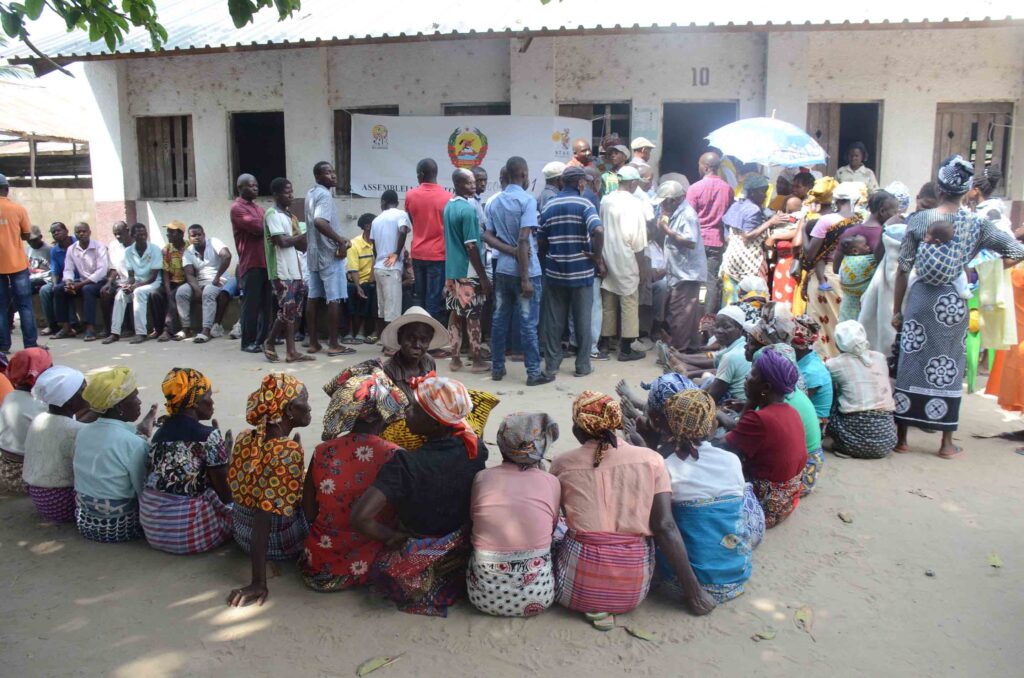
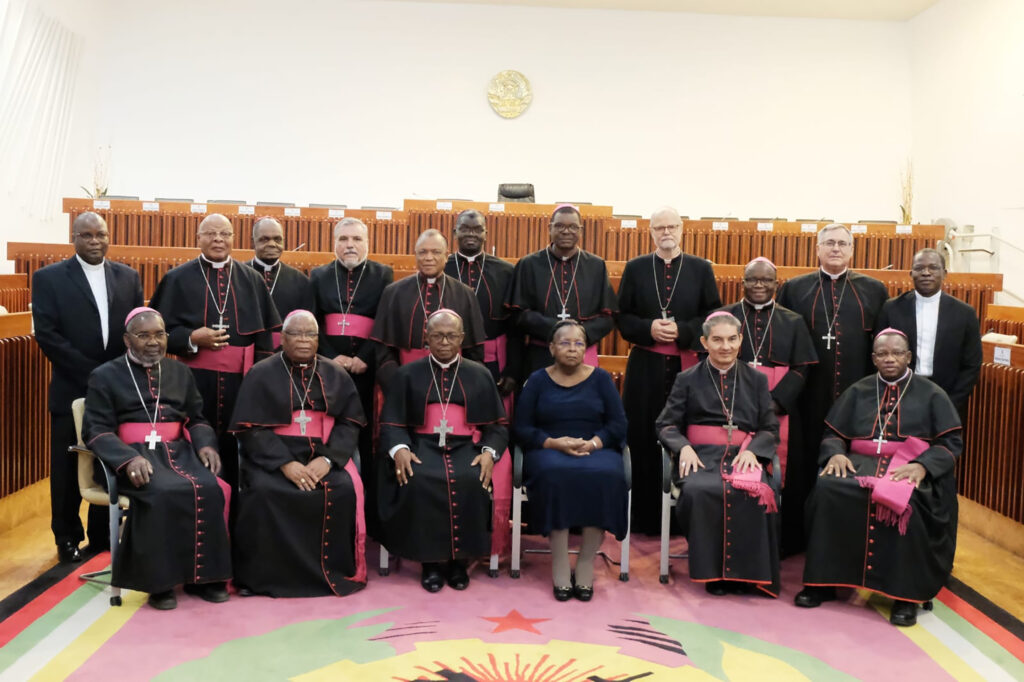
We all know that elections are manipulated in different magnitudes from one country to another. South African voters have more confidence in the election results, even if in the end they do not necessarily believe that those results will change their lives. However, Mozambican voters believe that regardless of voting, the ruling Frelimo party will manipulate the results in its favour, as was the case in the last elections held in October 2023.
Election manipulation
As noted by Joseph Hanlon (2024), editor of the Mozambique Political Process Bulletin, it is impossible to know what the true results of the 2023 municipal elections were, because the National Elections Commission (CNE, initials in Portuguese) and Constitutional Council (CC) can change results in secret and without explanation. In Mozambique’s democracy, these two bodies, not the voters, decide who wins.
Elections were held in 65 municipalities on 11 October 2023, but which results are to be believed? The CNE said Frelimo won 64, MDM won 1 (Beira) and Renamo won 0. The CC said Renamo won 4 (Vilankulo, Quelimane, Alto Molocue, and Chiure). Parallel counts showed Renamo won 7 including major cities (Nampula, Maputo, Matola, Quelimane, Vilankulo, Marromeu, and Chiure). This is why the Swedish Varieties of Democracy (V-Dem) project calls Mozambique an “electoral autocracy” with the same ranking as Zimbabwe. Neighbours South Africa, Zambia, and Malawi enjoy the higher status of “electoral democracies”.
My argument is that instead of the manipulation being a reason for our distancing ourselves from the electoral processes, it should encourage us to participate en masse in the elections. Voting is an act of Christianity and citizenship. A good Christian is a responsible citizen who does not merely leave the decision of the country’s future in other peoples’ hands.
Vote participation: A Christian duty
Contrary to what many Catholics think, the teaching of the Gospel and the Doctrine of the Church encourage the participation of Christians in social and political life. In the Gospel of Luke, Jesus intervenes directly and invites his disciples to intervene as well: “Give them something to eat yourselves” (Lk 9:13), in resolving the existential problems of the humans. It is this public ministry of Jesus and his disciples that continues, even today, to be the main foundation of the need for Christian participation in the political life of the Republic (to paraphrase Plato) for the construction of a healthy society.
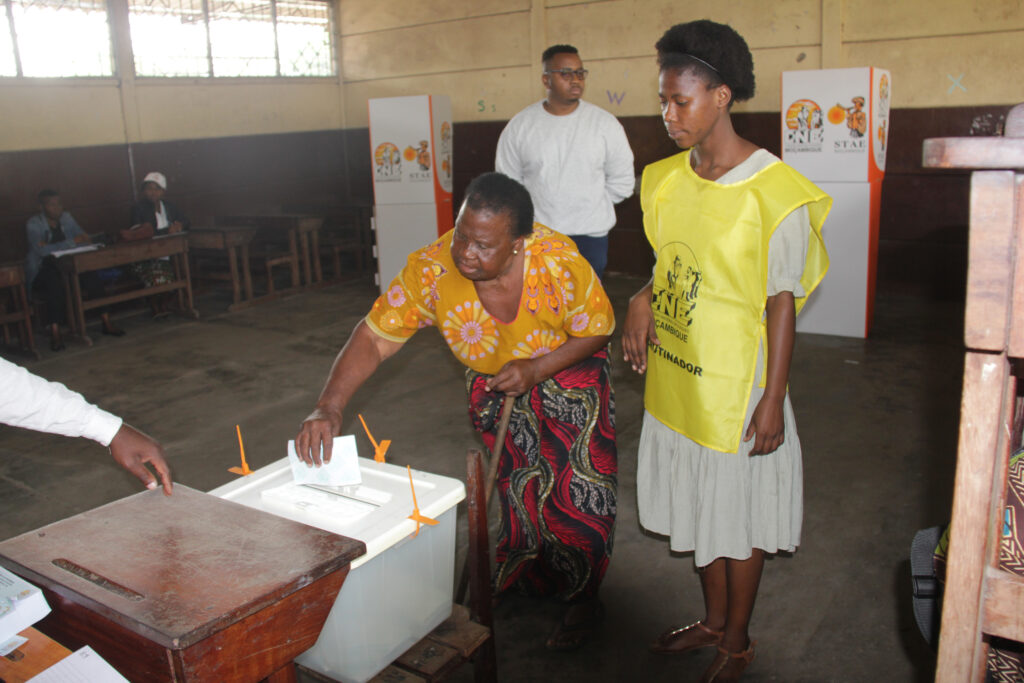
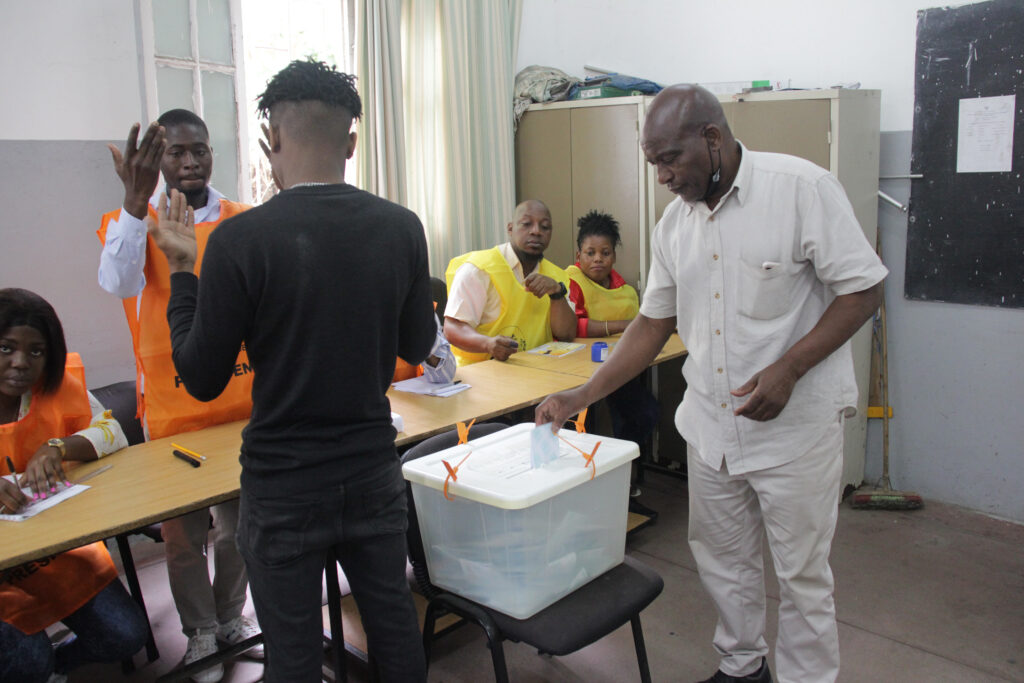
In addition to the Gospels, the Church’s magisterium—as illustrated by the Compendium of the Social Doctrine of the Church—reserves a very important space for the active and responsible participation of Christians in public life. In Christifideles Laici, Pope John Paul II (1988) says that “by proclaiming and welcoming the Gospel in the power of the Spirit, the Church becomes an evangelized and evangelizing community and, precisely therefore, she becomes a servant of men” (ChL, 36).
The Second Vatican Council’s document Gaudium et Spes (GS), highlighted the fact that “although the Church has as its supreme end the Kingdom of God and, therefore, is entirely consecrated to the glorification of the Father, precisely because she received from Christ the task of manifesting the mystery of God to the world, she is also entrusted with the mission of discovering man to man, enlightening him about the meaning of his existence and opening him to the total truth about himself and his destiny” (GS 22).
The Catholic Church’s vision about man refers to a conception that is not only based on rationality and self-consciousness but must also be linked to the concept of man in the broadest sense of this term, bringing together all dimensions of human life as well as everyone’s responsibility to everyone.
It is from this perspective that the Second Vatican Council says that “the divorce between the faith (which is professed) and the daily behavior of many Christians must be counted among the most serious errors of our time” (GS 43) and, therefore, the duty that weighs on the Christian citizen to participate in the political and social life of his civil community, not as a partisan politician, but by fulfilling the Church’s mission of guaranteeing the common good.
Service for a better life
The body of Church teaching, known as the Social Doctrine of the Church (SDC), results from the Catholic Church’s concern with contributing to a better life in the world, always paying special attention to the most vulnerable groups, such as the poor. The SDC makes a connection between the transcendental and the immanent, as it is concerned with viewing the world’s problems in the light of the Gospel, motivated by the desire to protect God’s project, which proposes a better world, based on unconditional love for the next one.
The SDC makes a connection between the transcendental and the immanent, as it is concerned with viewing the world’s problems in the light of the Gospel
The words of John Paul II and Pope Francis are associated with the Letter Octogesima Adveniens of Pope Paul VI (1971) who, on the occasion of the eightieth anniversary of the Encyclical “Rerum Novarum”, observes that “politics is a demanding way—although that is not the only one—of living the Christian commitment to the service of others” (OA 46).
What can be understood as the mission of African Catholic Christians in the social and political life of the continent is outlined in the two Apostolic Exhortations published after the two special Synods for Africa: Ecclesia in Africa (St. John Paul II 1995) and Africae Munus (Pope Benedict XVI 2011), in Verbum Domini (Pope Benedict XVI 2010) and in Evangelii Gaudium (Pope Francis 2013).
It is above all in Africae Munus, a document based on 57 Final Propositions of the II Special Synod for Africa, held in October 2009, and dedicated to the theme of reconciliation, justice, and peace, where Pope Benedict XVI indicates the fundamental structures of the ecclesiastical mission on the continent, which aims to achieve reconciliation, justice, and peace, above all through evangelization. The same text indicates the fields of the Church’s apostolate in the Public Service. With these teachings, Catholics should never doubt the importance of their participation in elections, as stated at the beginning of this text.
Mozambican Bishop’s guidance
In the case of Mozambique, after the signing of the General Peace Agreement (GPA) in 1992, the Bishops slightly changed their approach, focusing on the theme of a more just society, the consolidation of peace, and credible electoral processes.
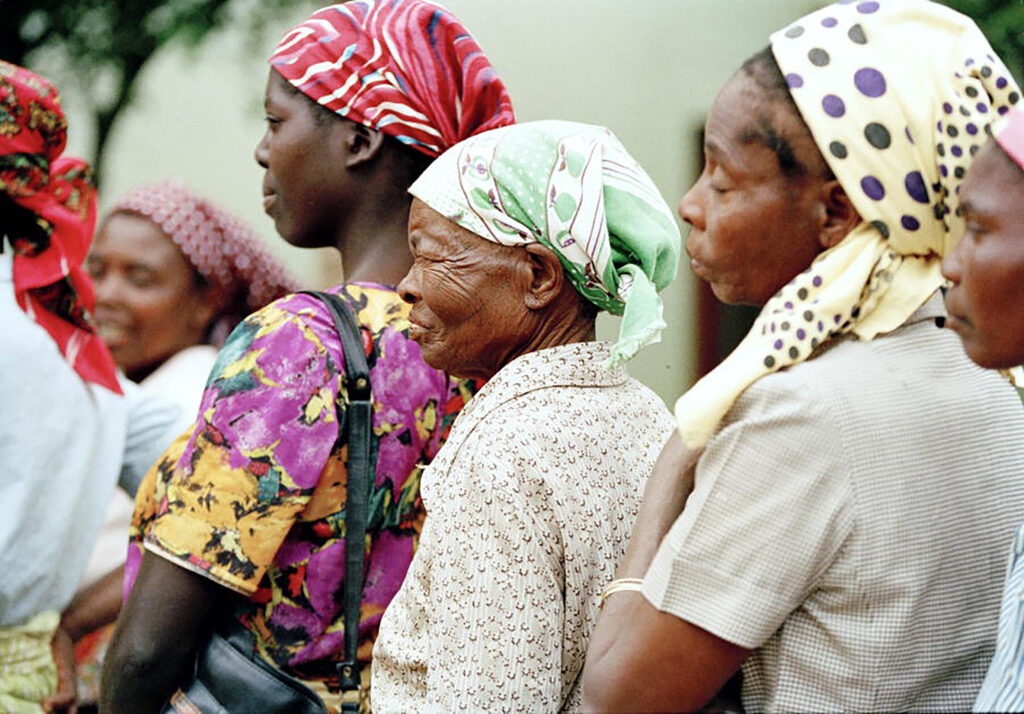
In the 1997 Pastoral Exhortation, “Voting is contributing to the common good”, written a year before the first local elections were held, the Catholic Bishops of Mozambique drew the attention of the electorate, particularly of Christians, to consideration of the scenarios before and after the elections; they were invited to reflect on the possible dangers of electoral manipulation and fraud for the benefit of a group of economic elites, to the detriment of actual national interests.
They insisted on the need for a sensible and conscientious choice of municipal majors, based on thorough knowledge of their realities, also considering the management of local resources with transparency and inclusion of all.
In the 1999 Pastoral Letter —Voting is serving the country—, written on the eve of the second multi-party elections, the Catholic Bishops of Mozambique called for massive participation of citizens in general, and Christians, in particular, in the upcoming elections. In the Charter, the Prelates of Mozambique also took the opportunity to elucidate the intrinsic components of political action, such as the promotion and defense of the common good and the dignity of the human person, and their fundamental rights and freedoms.
The Pastoral Letter, Justice and Transparency in Elections (2003) is a profound reflection on the socio-political and economic reality of Mozambique, from the first local elections (1998), the second general and multiparty elections (1999), with a view to the second local elections (2003) and the third general and multi-party elections (2004).
After presenting the positive and negative aspects of the Mozambican reality at a socio-political and economic level, the Bishops suggested the electoral act of (2003 – 2004) as a political manifestation of their faith and their commitment to the common good of the country.
Massive participation in the elections is the best way to improve whatever is wrong in the political system.
The period between 2006 and 2009 was fundamentally characterized by political conflicts, motivated by the feeling of returning to the single-party regime, which fueled the accentuated tendency towards partisanship in the State, since the government of Armando Guebuza, elected in 2004, took office.
During that period (2004-2014), State institutions (education, health, defense, security, etc.) were once again at the service of the ruling Frelimo party. This general observation led the Catholic Bishops of Mozambique to write two Pastoral Letters before the third municipal elections in 2008, to denounce this attitude: Committed to Justice, Reconciliation and Peace (2008) and Demand for Free, fair and Transparent Elections (2008). In the latter Pastoral Letter, the pastors of the Catholic Church in Mozambique made a quick assessment of all past electoral processes and emphasized that these elections had left profound negative marks on the country’s democratization path.
Despite the frustrations the readers may have regarding the elections, absenteeism is not a solution. Massive participation in the elections is the best way to improve whatever is wrong in the political system.

